
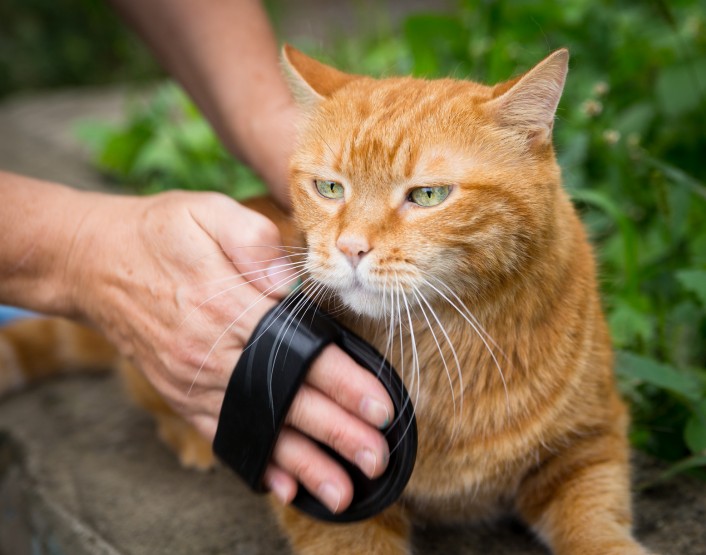
Every cat owner has witnessed the following situation: Your cat appears to be thinking hard about something, licks their lips and starts heaving. A little coughing and retching and then plop! A hairball on the carpet. If you can stand to take a closer look at the resultant ball of fur and stomach contents when cleaning it up, you may actually have marvelled at how so much hair actually ended up in your cat’s stomach to begin with, and also, how it ended up woven into a neat ball or tube, coughed up complete and probably, making your cat feel rather better in its absence.
All cats, with the possible exception of hairless breeds like the Sphynx are apt to cough up the odd hairball from time to time, and this is a natural and generally safe, albeit slightly unpleasant part of feline life. However, if your cat is coughing up a lot of hairballs, appears to be trying to regurgitate one and failing to, or seems to have a stomach full of fur, this can be an issue that merits further investigation.
In this article, we will look into feline hairballs in more detail, and how to tell when they might be posing a problem. Read on to learn more.
As we all know, cats are very clean animals that are finicky about their personal hygiene, and spend a lot of time grooming themselves by means of licking their coats. The tongue of the cat is harsh and rough, designed to comb loose, shed hair from the coat, and as they do this, the hair is ingested into the stomach.
Some of the hair that your cat ingests will pass out of the stomach naturally with the faeces, but some will remain within the stomach and digestive tract, tangling up to form a ball or tube of hair, food and stomach contents. When this occurs, the cat will either regurgitate the hairball naturally, or will eat things that help to bind the hair and induce expectoration, such as grass. This is why grass eating by cats should be considered as a natural behaviour and not something to discourage, as the fact that grass helps cats to bring up their hairballs is a good thing!
All cats with fur will ingest some of their own hair as part of grooming, and as you might expect, longhaired breeds such as the Persian cat and the Ragdoll are likely to consume more hair than shorthaired breeds.
The care of longhaired cats involves the need for regular brushing and grooming to help to remove shed hair, and reduce the amount of loose hair in the coat that your cat may potentially ingest.
As mentioned, hairball formation and removal is a natural part of cat life, so just because your cat brings up the odd hairball should not be seen as cause for concern in itself.
However, if your cat has ingested more fur than they can handle, and/or they are unable to cough up the hairball normally, either because it is too big or for other reasons, they may be unable to eliminate it naturally, which can lead to issues as the hairball gets progressively bigger and begins to obstruct the digestive tract.
This can lead to a lot of retching and expectoration without any result, and can also cause constipation or an obstruction of the bowel. Removing the hairball becomes very important at this stage, and may mean that you need to see the vet who will attempt to help your cat to eliminate it, or in severe cases, may perform surgery to remove the ball.
If your spot a large amount of hair in your cat’s stools, your cat is constipated, or keeps attempting to cough up a hairball with little to no success, this is a problem that you should see your vet about.
There is no sure-fire way to eliminate the formation of hairballs altogether, as cats naturally ingest hair when they groom themselves every day.
However, brushing and grooming your cat regularly to remove loose hair (whether they are longhaired or shorthaired) can help, as can ensuring that your cat has free access to grass, which helps to bind the hair in the stomach. If your cat lives indoors only, you should grow a special patch of cat grass for them to use for this purpose.
If your cat is particularly prone to developing problem hairballs, your vet may recommend placing them on a prescription diet that helps to eliminate hairballs naturally, and reduce their build-up. It is also vitally important that whatever your cat eats, they have free access to clean, fresh water at all times, in order to keep them hydrated and keep the digestive system moving along smoothly.
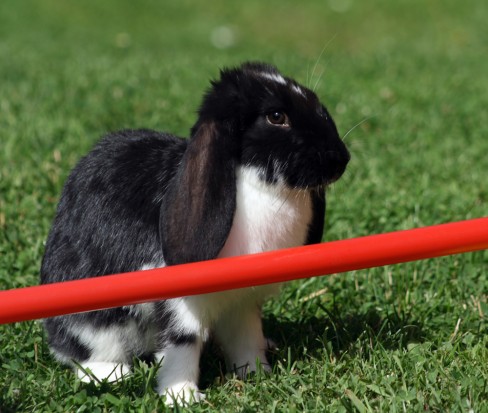 Rabbit Agility - Teaching Your Rabbit Tricks
Rabbit Agility -
Rabbit Agility - Teaching Your Rabbit Tricks
Rabbit Agility -
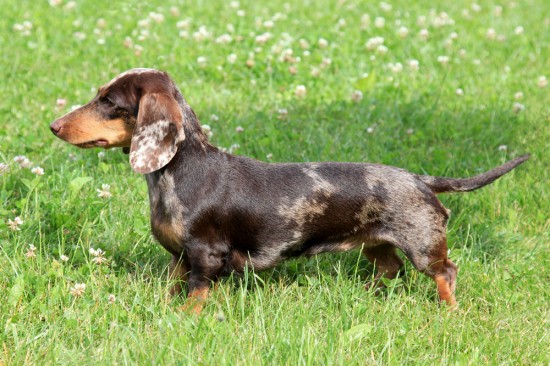 The Karlton Index - Measuring The Health Of Pedigree Dogs
The Karlton Index
The Karlton Index - Measuring The Health Of Pedigree Dogs
The Karlton Index
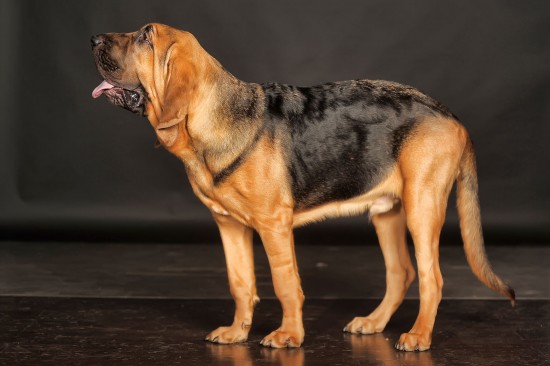 Hereditary Health And Conformation Issues Of The Bloodhound Dog
Hereditary Health
Hereditary Health And Conformation Issues Of The Bloodhound Dog
Hereditary Health
 Hovawart Dog Hereditary Health And Longevity
Hovawart Dog Here
Hovawart Dog Hereditary Health And Longevity
Hovawart Dog Here
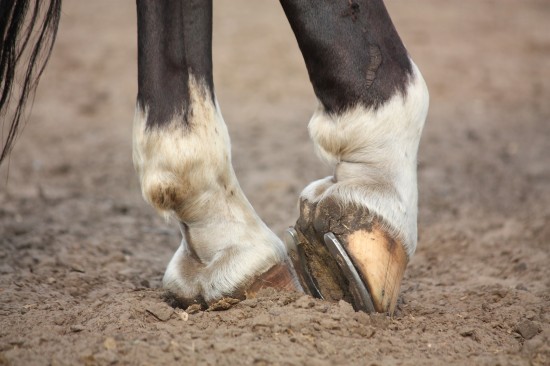 Equine Hoof Shape & Lameness - Valuable Research Carried Out
Equine Hoof Shape
Equine Hoof Shape & Lameness - Valuable Research Carried Out
Equine Hoof Shape
Copyright © 2005-2016 Pet Information All Rights Reserved
Contact us: www162date@outlook.com